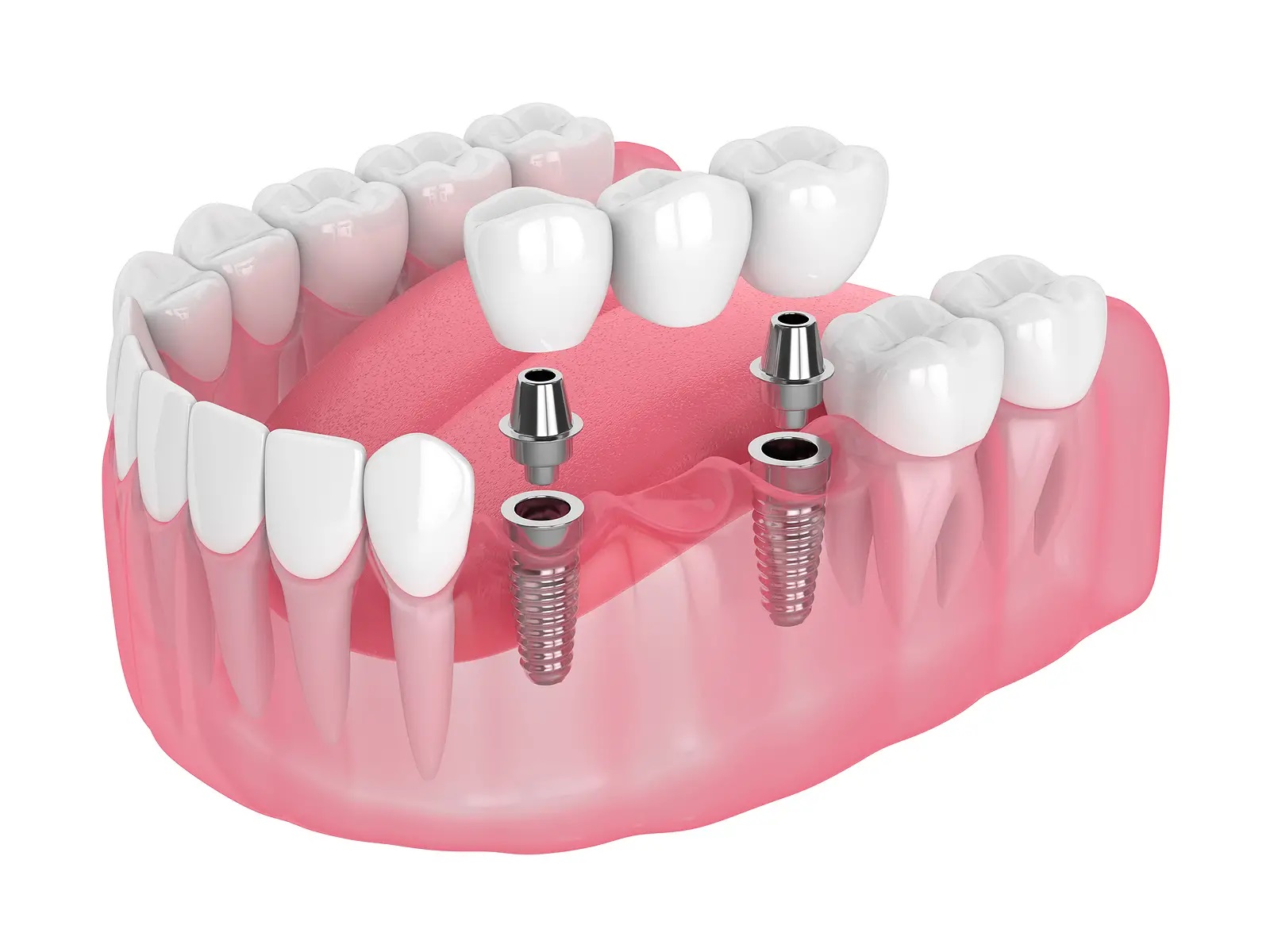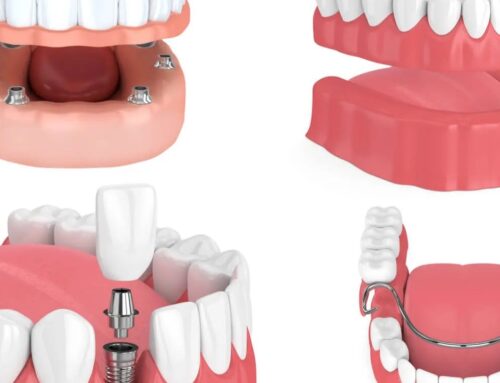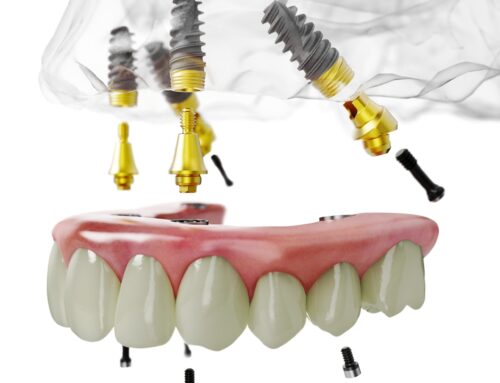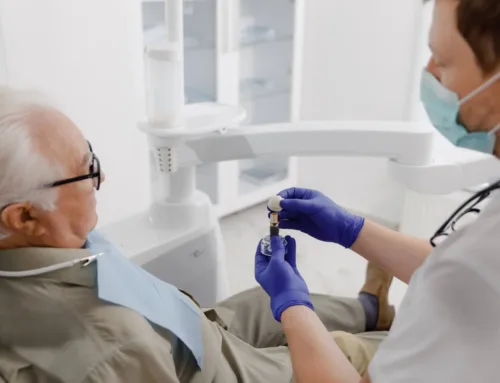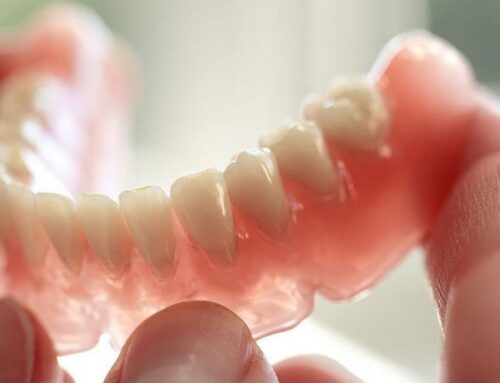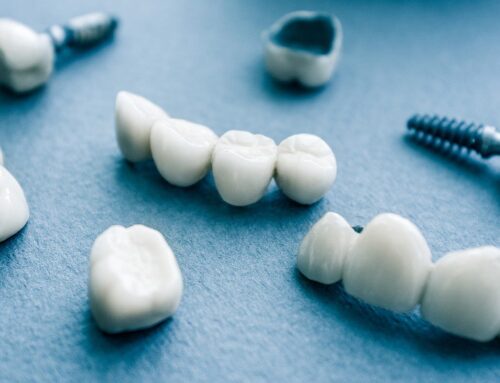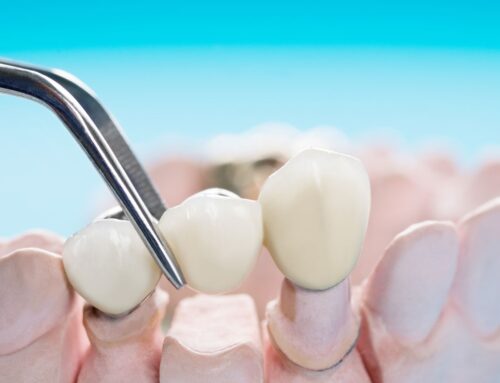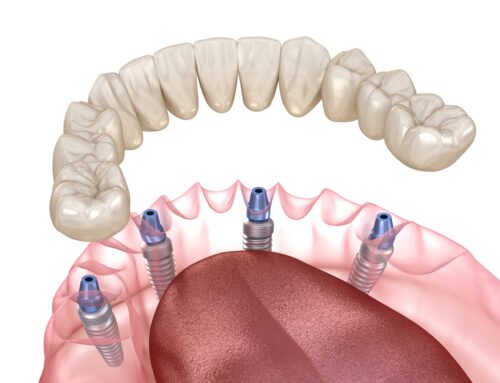Mini Dental Implants
A Game-Changer for Those with Limited Bone Density
Dental implants have revolutionized modern dentistry, providing a long-lasting, natural-looking solution for replacing missing teeth. However, not all patients are ideal candidates for traditional dental implants, especially those with reduced bone density in the jaw. Fortunately, mini dental implants offer a powerful alternative for patients who may have been told they aren’t eligible for standard implants.
At Georgian Dental, we believe that everyone deserves a confident, functional smile, regardless of their age or oral health challenges. Below, we’ll explore what mini dental implants are, how bone density plays a crucial role in implant success, and why this innovative solution is transforming smiles for patients with compromised jawbone structure.
What Are Mini Dental Implants?
Mini dental implants, sometimes called narrow-diameter implants (NDIs), are a smaller and less invasive version of traditional dental implants. While a conventional dental implant typically measures between 3.5 to 6 millimetres in diameter, mini implants are usually less than 3 millimetres wide.
Despite their size, mini implants are made of the same biocompatible materials, most commonly titanium. They also serve a similar purpose, to act as artificial tooth roots that support crowns, bridges, or dentures.
Key Features of Mini Dental Implants
- Smaller in diameter
- Often inserted in a single procedure
- Require less bone for placement
- Cost-effective
- Faster healing time
Mini dental implants are ideal for stabilizing lower dentures, replacing small or narrow teeth (such as incisors), and treating patients who have experienced bone loss in the jaw.
The Role of Bone Density in Dental Implants
Bone density plays a critical role in the success of any dental implant. In order for an implant to be stable and long-lasting, it must be securely anchored into the jawbone, similar to how a natural tooth root is embedded.
Why Bone Density Matters
- Implant Stability – High bone density provides a firm foundation, helping the implant remain fixed under daily forces like chewing and speaking.
- Osseointegration – This is the biological process where the implant fuses with the jawbone. Dense bone supports faster and more complete integration.
- Long-Term Success – Adequate bone volume and density help ensure the longevity of the implant, reducing the risk of failure or complications.
If the jawbone has become too soft or thin, traditional implants may not have sufficient support. In such cases, additional procedures like bone grafting are often required to rebuild the bone before implants can be placed.
What Causes Low Bone Density in the Jaw?
Many patients who explore dental implant options are surprised to learn they have insufficient bone density. This condition can be the result of several factors.
- Tooth Loss
When a tooth is lost and not replaced, the surrounding bone can begin to deteriorate due to a lack of stimulation. This is known as bone resorption. The longer a tooth is missing, the more bone is lost.
- Gum Disease (Periodontitis)
Chronic infection of the gums can lead to the destruction of bone around the teeth. Advanced periodontitis is one of the leading causes of bone loss in adults.
- Age
As we age, our bones naturally lose density. This includes the jawbone, especially if other factors like tooth loss or poor oral hygiene are present.
- Medical Conditions
Conditions such as osteoporosis, diabetes, and certain cancers can negatively affect bone density and the body’s ability to heal and regenerate tissue.
- Smoking
Tobacco use impairs circulation and reduces the body’s ability to heal. Smokers are at higher risk for both periodontal disease and bone loss.
Can Bone Density Be Improved or Preserved?
While bone loss is common, especially in older adults, there are several strategies for preserving or even improving bone density.
- Bone Grafting
This surgical procedure involves placing a small amount of donor bone or synthetic material into the jaw to encourage new bone growth. It is often used to prepare patients for traditional implants.
- Good Oral Hygiene
Brushing, flossing, and regular dental check-ups help prevent gum disease and other oral health issues that can lead to bone loss.
- Healthy Diet
Consuming foods high in calcium, vitamin D, magnesium, and phosphorus support bone health. Leafy greens, dairy products, fish, and fortified cereals are excellent choices.
- Regular Exercise
Weight-bearing exercises like walking or strength training stimulate bone growth throughout the body, including the jaw.
- Avoid Smoking and Excessive Alcohol
These lifestyle choices can significantly reduce bone density and should be minimized or eliminated for better overall health.
The Benefits of Mini Dental Implants
Mini dental implants offer a number of benefits that make them especially appealing to patients who are not candidates for traditional implants due to low bone density.
- No Need for Bone Grafting
Because of their smaller size, mini implants require less bone volume and can often be placed directly into areas where traditional implants would fail.
- Minimally Invasive Procedures
Mini implants can often be inserted in a single, less invasive appointment under local anesthesia, reducing the overall recovery time and surgical risks.
- Lower Cost
Mini implants are typically more affordable than traditional implants. This is due to the simplified procedure and fewer materials required.
- Quicker Recovery
Patients generally experience less discomfort and faster healing times. Most people return to normal eating and speaking within a day or two.
- Improved Denture Stability
For patients with loose or uncomfortable dentures, mini dental implants can anchor the dentures in place, providing greater comfort, security, and functionality.
- Preservation of Jawbone
Mini implants stimulate the bone, helping to prevent further bone loss in the jaw.
Limitations of Mini Dental Implants
While mini implants are a fantastic option for many, they’re not ideal in every situation. Understanding their limitations helps patients make informed decisions about their oral health.
- Not Suitable for All Tooth Replacements
Mini implants are best for smaller teeth or for stabilizing dentures. They may not be strong enough to support large molars or withstand the higher biting forces in the back of the mouth.
- Shorter Lifespan
Although mini dental implants can last many years, they may not be as durable as traditional implants, especially if placed under excessive stress.
- Limited Flexibility
Traditional implants offer more flexibility in terms of prosthetic options (bridges, full arches, etc.). Mini implants may have more limited prosthetic configurations.
- Not Ideal for Severe Bone Loss
While mini implants require less bone, they still need a minimum amount of bone for proper placement. In cases of extreme bone loss, even mini implants may not be feasible without augmentation.
Who Is a Good Candidate for Mini Dental Implants?
Mini dental implants are particularly beneficial for:
- Seniors who have lost bone density over time and want a less invasive alternative.
- Patients with medical conditions that make lengthy surgeries or multiple procedures risky.
- People with unstable dentures who are looking for better fit and function.
- Anyone told they aren’t eligible for traditional implants due to bone loss.
If you’ve been told you’re not a candidate for dental implants, mini dental implants may offer a second chance at restoring your smile.
Why Choose Georgian Dental for Mini Dental Implants?
At Georgian Dental, we specialize in providing innovative solutions for complex dental needs. Our team is highly experienced in assessing bone density, evaluating candidacy, and performing mini implant procedures with precision and care.
What Sets Georgian Dental Apart
- Comprehensive Digital Imaging – We use advanced 3D scans to precisely evaluate bone volume and density.
- Customized Treatment Plans – Every patient receives a tailored plan that fits their unique needs, goals, and budget.
- Experienced Professionals – Our dental surgeons have extensive experience in placing both traditional and mini implants.
- Supportive Environment – We guide you every step of the way, from consultation to aftercare, ensuring a smooth and comfortable experience.
- Advanced technology – We use state-of-the-art diagnostic tools, including 3D imaging, to precisely plan the placement of your implants for optimal results. This technology allows us to customize your treatment, ensuring the best possible outcome.
- Comprehensive care – From the moment you walk through our doors, you’ll receive compassionate, comprehensive care. We will assess your oral health, review your medical history, and discuss your treatment goals to create a solution that works best for you.
- Ongoing support – Our commitment to your oral health doesn’t end you’re your procedure does. We provide ongoing support and monitoring to ensure your implants remain healthy and functional for years to come.
We understand how devastating tooth loss can be, and we’re passionate about helping you regain confidence, function, and quality of life through modern dental implant technology.
For patients with limited bone density, mini dental implants represent a safe, effective, and life changing alternative to traditional implants. They provide renewed stability, aesthetics, and comfort, without the need for extensive surgery or bone grafting. While they aren’t suitable for every case, they open the door to dental restoration for many who previously had no viable options.
If you’ve been told you’re not a candidate for implants, or if you’re tired of dealing with uncomfortable dentures, it may be time to consider what mini dental implants can do for you.
Book Your Free Consultation Today
Ready to explore your options? Just complete the below appointment request form to schedule your free consultation and discover whether mini dental implants are right for you.
We’re here to help you smile with confidence—no matter your bone density.
Appointment Request
If you’re interested in any of our procedures, and would like to meet with one of our dentists to discuss options, costs and get additional information, complete this short form and we’ll give you a call to arrange for a no-obligation appointment at our Barrie clinic.
